Interventional Cardiology Fellowship
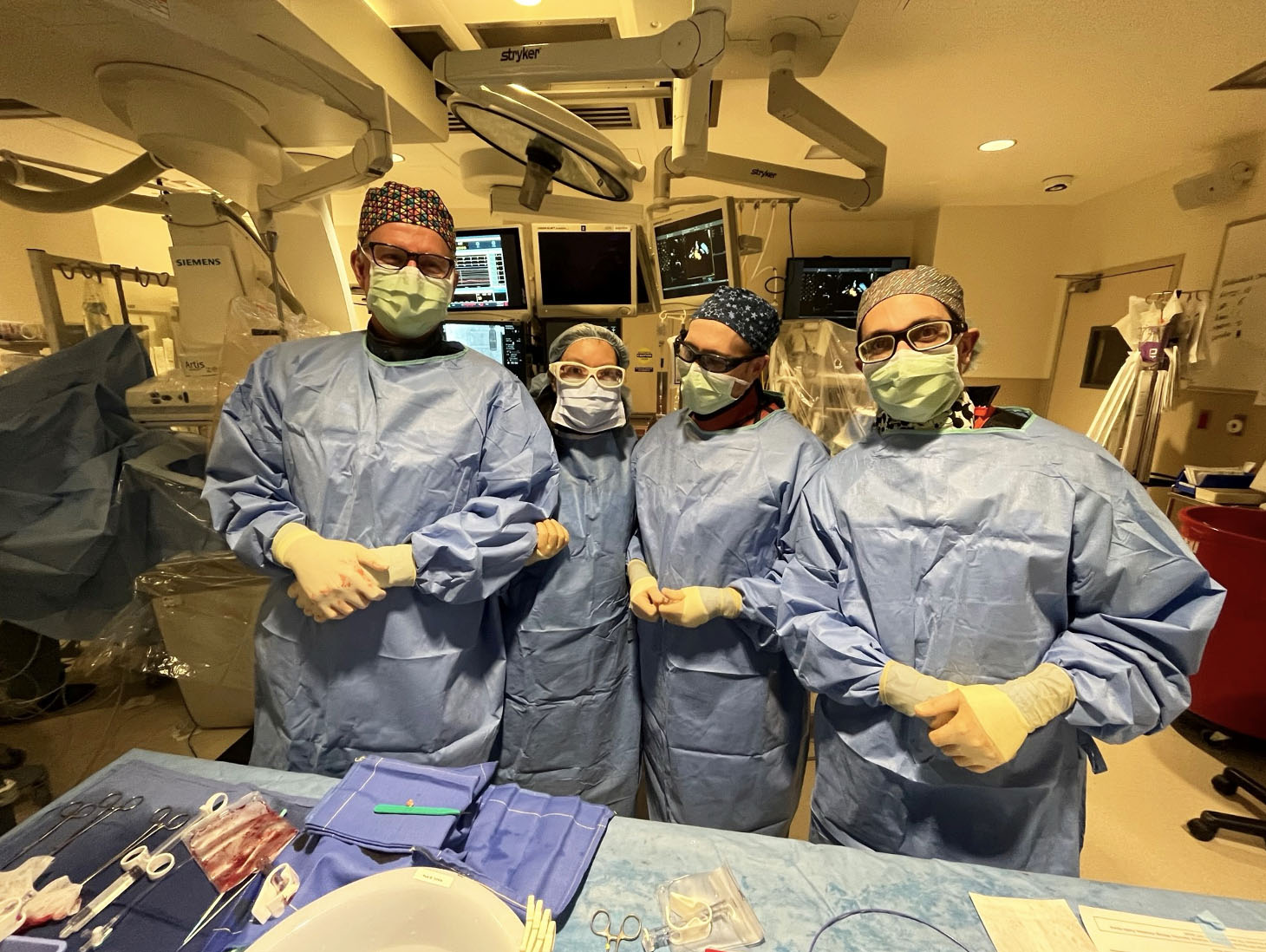

Description
General Overview
Training Program
Faculty
Previous Fellows
Salary and Benefits
How to Apply
Description
The University of California, San Francisco training program in interventional cardiology is a one year ACGME-accredited program that is affiliated with the ABIM accredited General Cardiology Fellowship. The focus during the one year fellowship is on performing a wide range of diagnostic invasive cardiac procedures percutaneous coronary interventions including complex and high-risk cases and chronic total occlusions. There are opportunities for fellows to gain experience in peripheral and structural heart procedures. For those interested in further training for structural heart intervention, we offer a separate one year non-ACGME structural heart disease fellowship.
The program consists of three primary training sites, including UCSF Health, San Francisco Veterans Affairs Hospital and Zuckerberg San Francisco General Hospital. Fellows will spend the majority of their time at UCSF Health and the Veterans Hospital with optional experiences at Zuckerberg San Francisco General Hospital. More than 2,000 procedures are completed each year in the catheterization laboratory at UCSF Health, and more than 1,000 interventional procedures are completed between the three sites.
In accordance with our goal of training future academicians, the program has an emphasis on developing an active area of research interest in addition to providing outstanding training in basic and advanced techniques in interventional cardiology.
General Overview
During the fellowship, the fellow will acquire expertise as primary operator on all invasive diagnostic cardiac procedures, coronary interventions and ethanol septal ablations in addition to learning to teach general cardiology fellows diagnostic cardiac catheterization. All facilities use state of the art equipment and techniques, including flat-panel imaging, intravascular ultrasound (IVUS), invasive physiology (FFR/iFR), intracardiac echo (ICE), thrombectomy, atherectomy, percutaneous hemodynamic support devices. As a dedicated site to primary coronary intervention for acute myocardial infarction, trainees have broad exposure to the entire spectrum of coronary disease, including chronic stable coronary artery disease, chronic total occlusion (CTO), acute coronary syndromes and ST-elevation MI. A thorough curriculum, including academic conferences, literature reviews, reviews of unusual cases/presentation has been a tradition at UCSF. The year will be split between the two principle catheterization laboratories, the UCSF Moffitt Hospital Adult Cardiac Catheterization Laboratory and the San Francisco Veterans Affairs Cardiac Catheterization Laboratory. There is an optional additional experience at Zuckerberg San Francisco General Hospital for acute/emergent cases.
During the fellowship, there is an expectation that the fellows will engage in a research project. Active areas of research include clinical, animal and basic science projects, and fellows are mentored in all areas including study design, grant writing, institutional review board application in addition to presenting work at conferences, meetings and in publication.
Training Program
The training program will consist of 12 total months of training. The clinical curriculum includes structured clinical rotations and participation in required conferences along with weekly longitudinal clinics.
Clinical rotations
Fellows will split their time between monthly rotations at the two principle catheterization laboratories, at UCSF Health and San Francisco Veterans Affairs Medical Center. The fellow will be involved in all interventional cardiac cases and is expected to spend up to 4.5 days per week in the cardiac catheterization lab. The fellow will also be involved in the Interventional clinic 0.5 day per week and attend the interventional cardiac conference every week. Fellows will be responsible for taking STEMI call on a Q2-Q3 basis throughout the year.
Fellows will work with a team of advanced practice providers and house staff to manage patients undergoing procedures in the catheterization lab.
Required Conferences:
1. Weekly: Interventional Case Conference
2. Monthly: Journal Clubs
3. Bi-annually: Bay Area Interventional Cardiology Conference (BAICC)
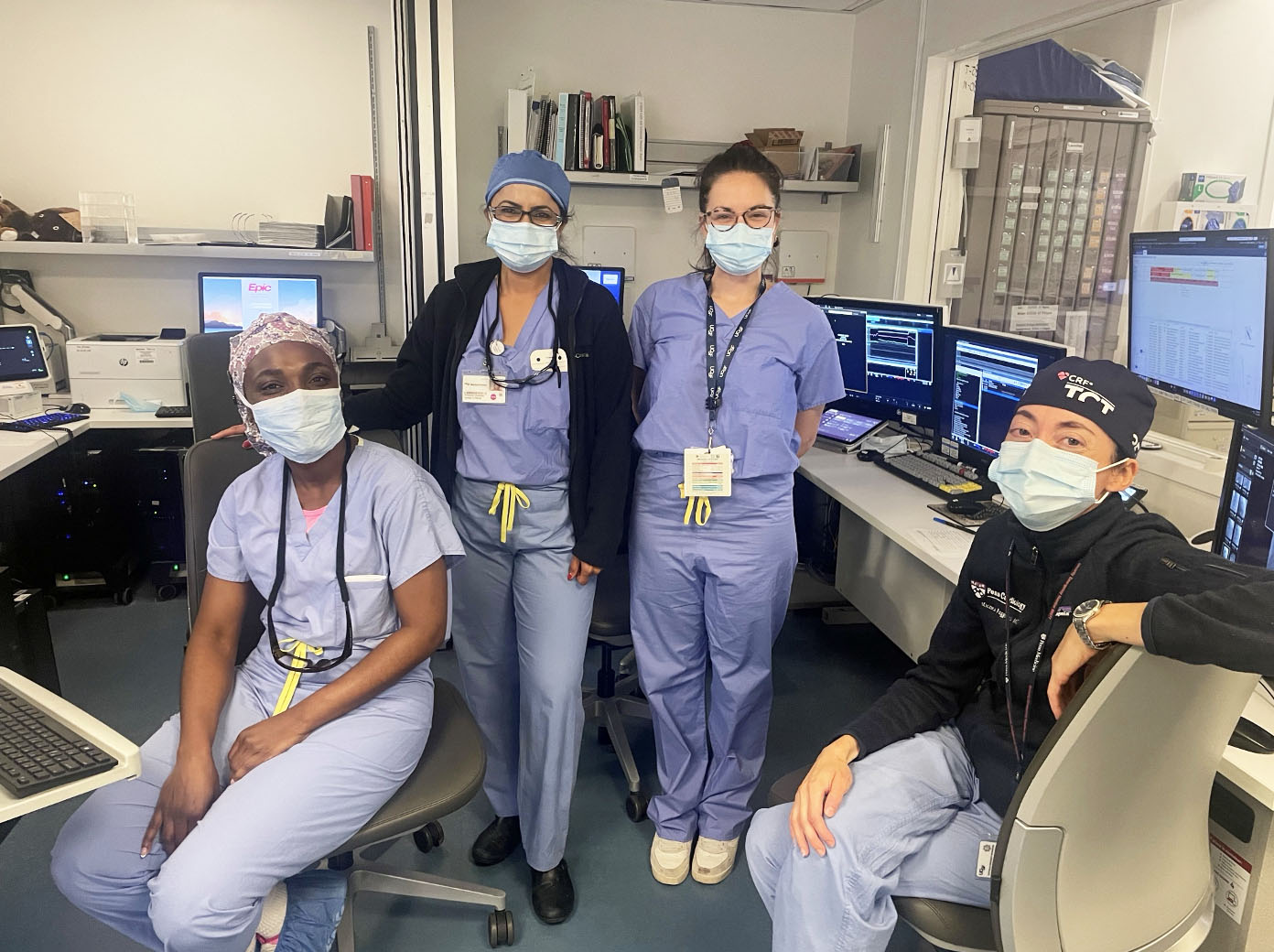

Faculty
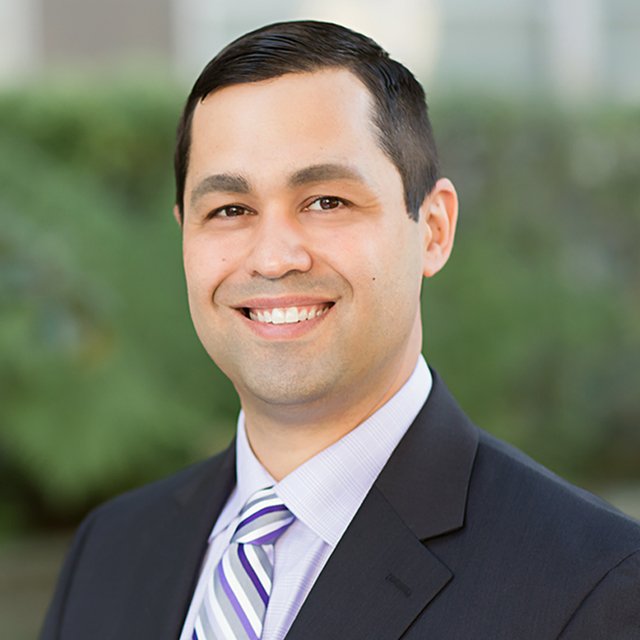 |
Krishan Soni, MD, MBA UCSF Cardiology Division, Box 0103 |
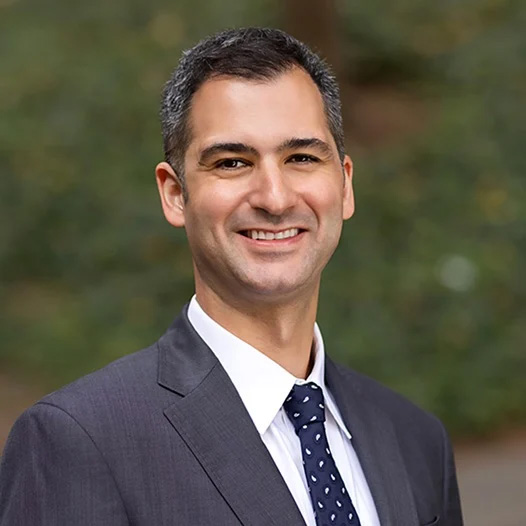 |
Yousif Ahmad, MD, PhD Primary site affiliation: UCSF Health |
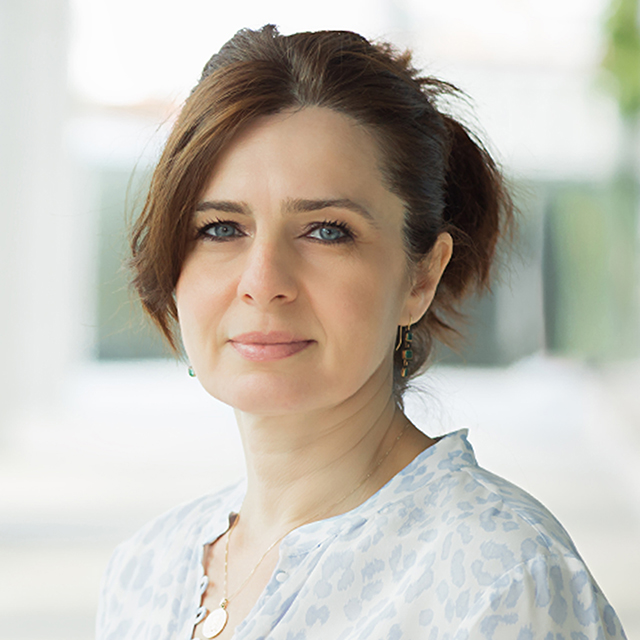 |
Anna Beyer, MD Primary site affiliation: UCSF Health |
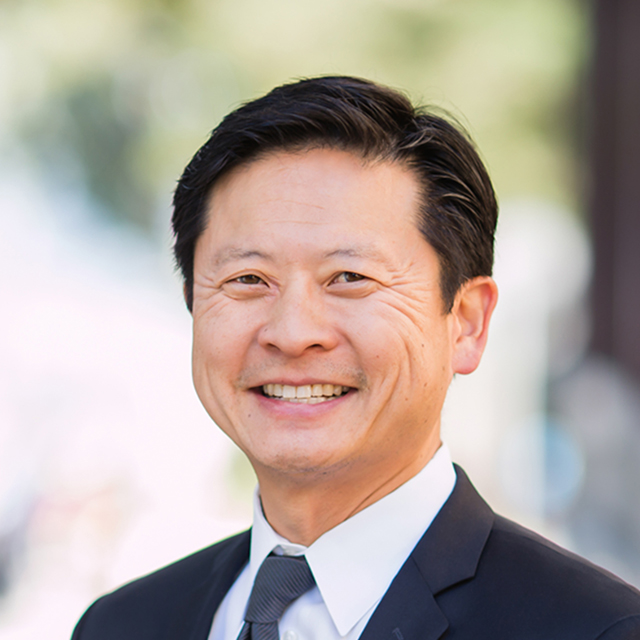 |
Sung Choi, MD Primary site affiliation: UCSF Health |
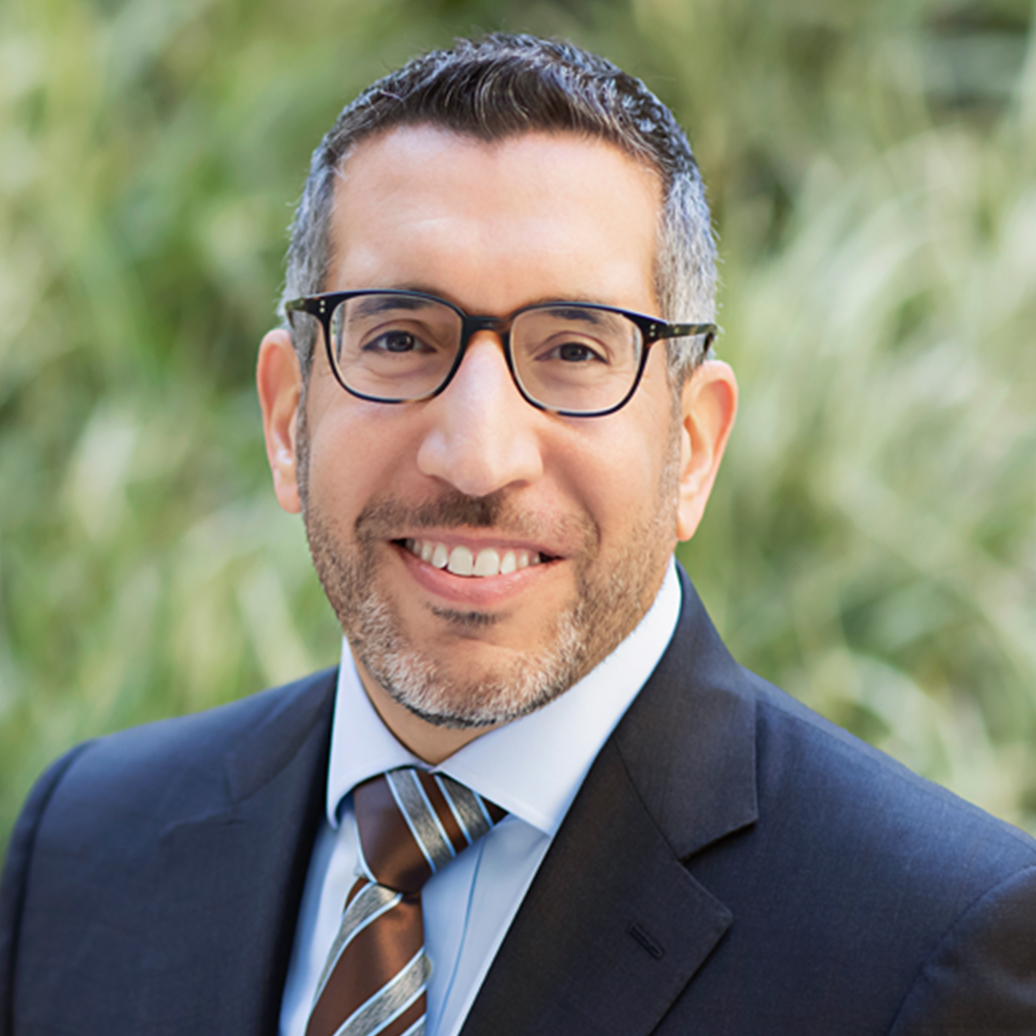 |
Sammy Elmariah, MD Primary site affiliation: UCSF Health |
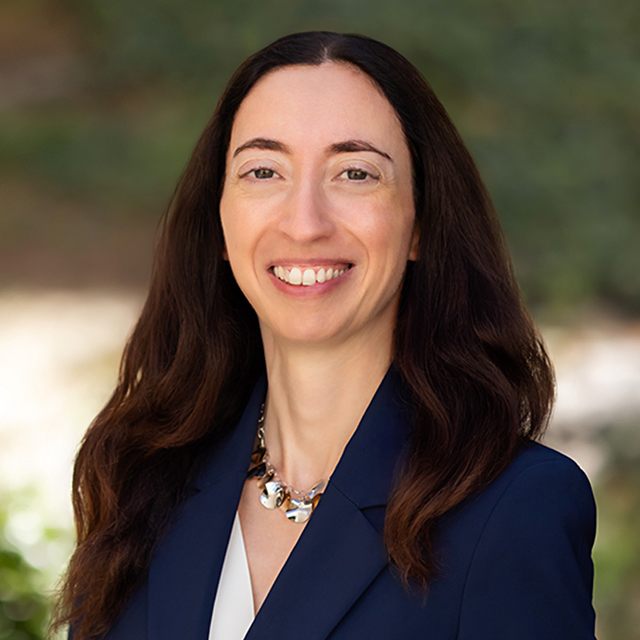 |
Michela Faggioni, MD Primary site affiliation: UCSF Health |
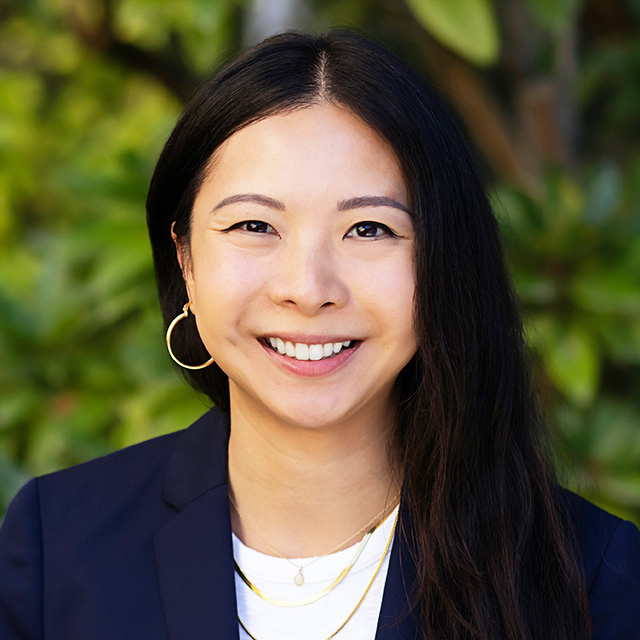 |
Ada Ip, MD Primary site affiliation: UCSF Health
|
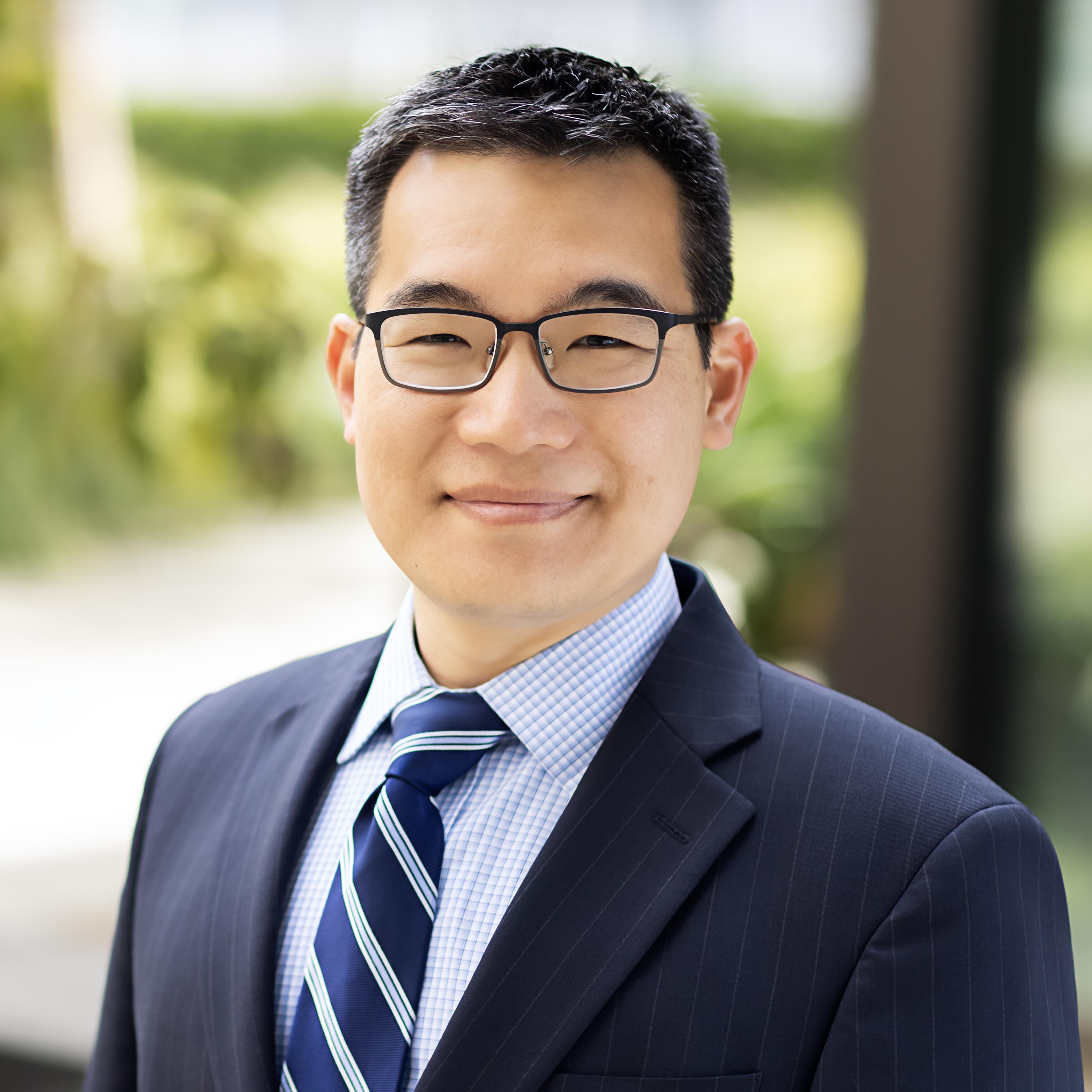 |
Huie Lin, MD, PhD Primary site affiliation: UCSF Health |
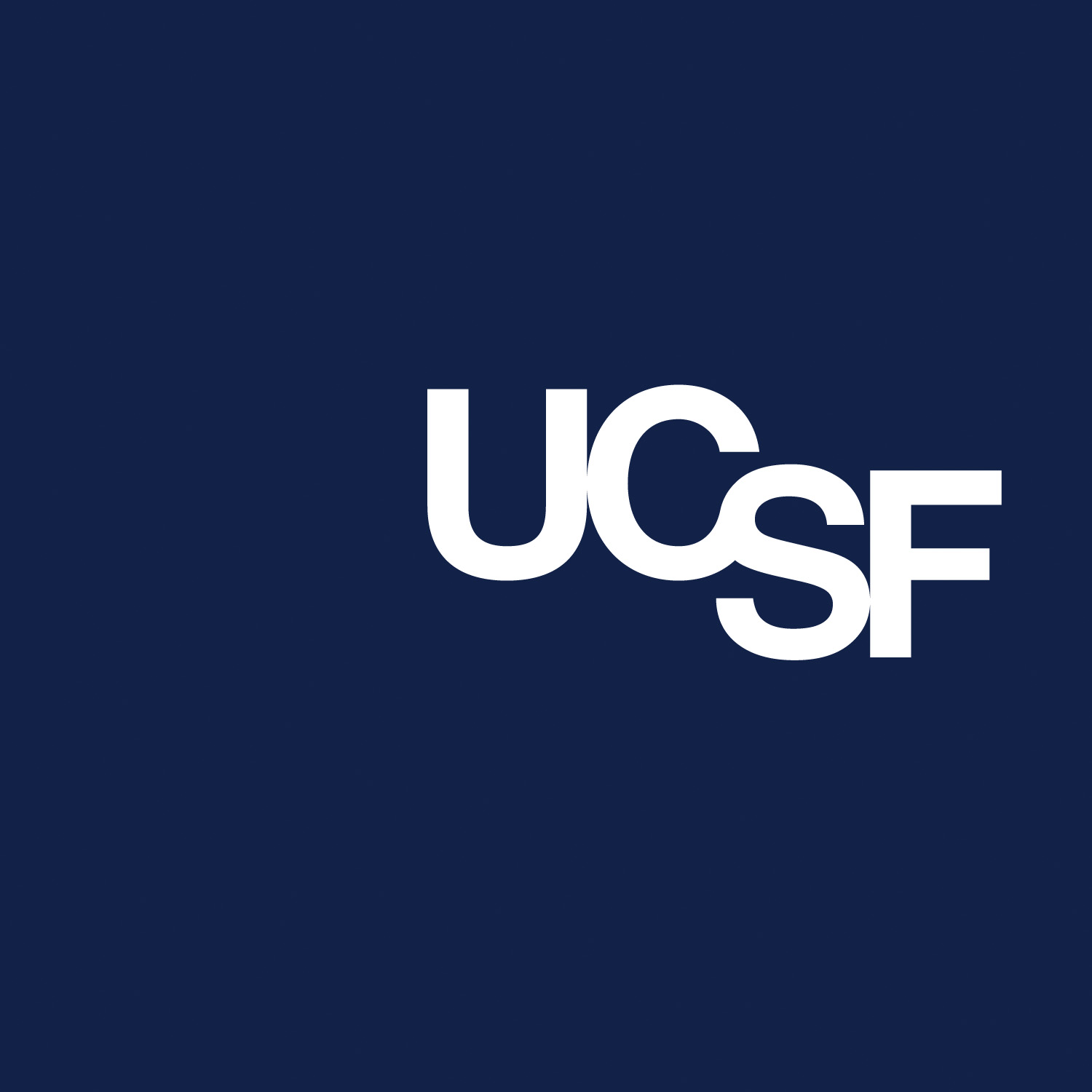 |
John Macgregor, MD Primary site affiliation: Zuckerberg San Francisco General Hospital |
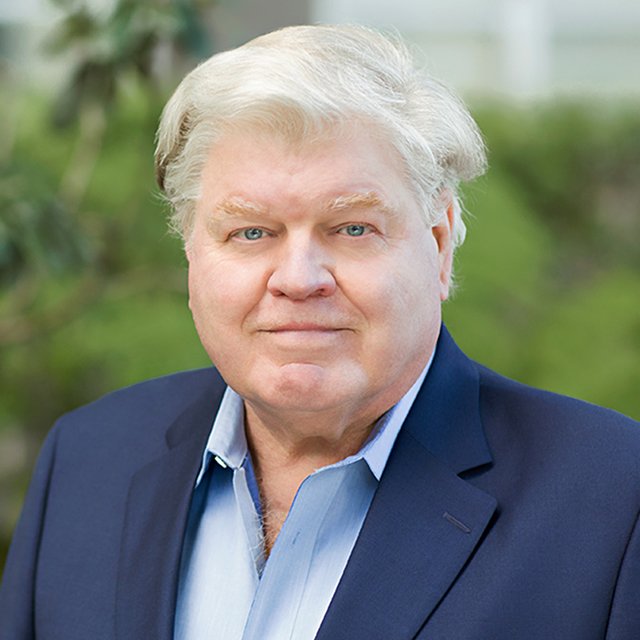 |
Thomas Ports, MD |
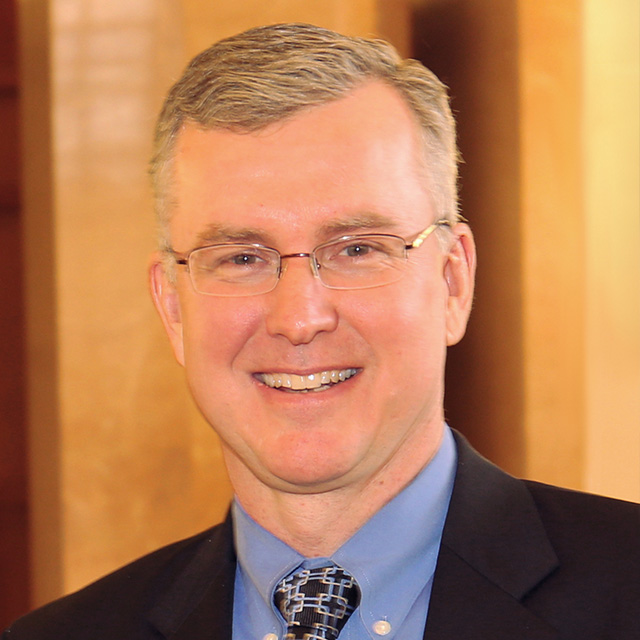 |
Kendrick Shunk, MD, PhD Primary site affiliation: San Francisco Veterans Affairs Hospital |
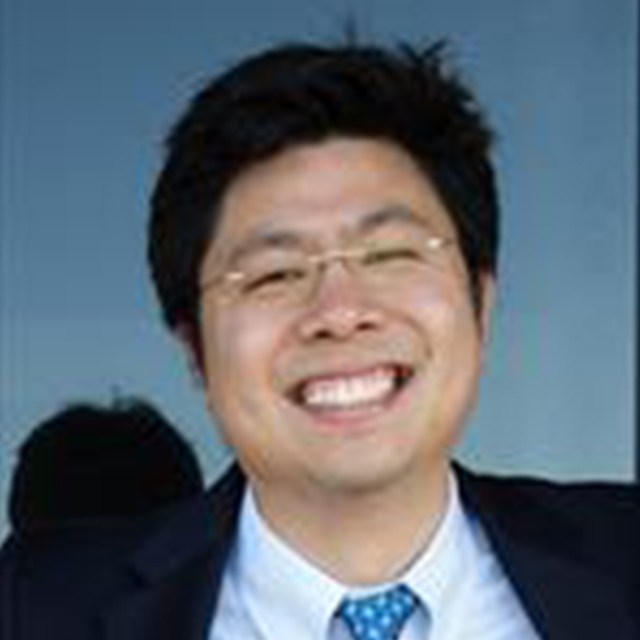 |
Joseph Yang, MD Primary site affiliation: San Francisco Veterans Affairs Hospital |
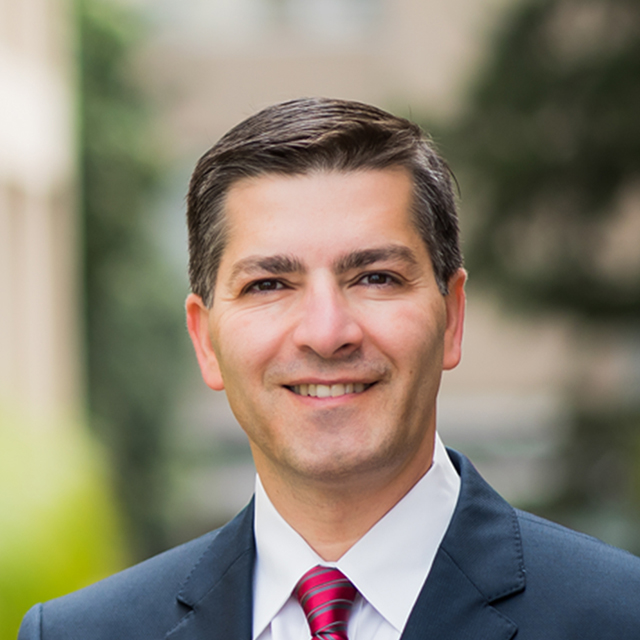 |
Yerem Yeghiazarians, MD Primary site affiliation: UCSF Health |
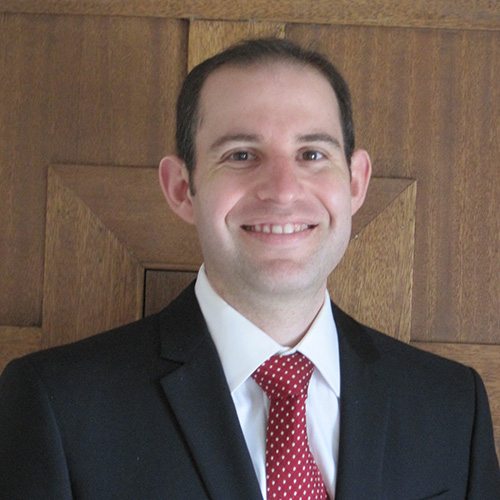 |
Lucas S Zier, MD, MS Primary site affiliation: Zuckerberg San Francisco General Hospital |
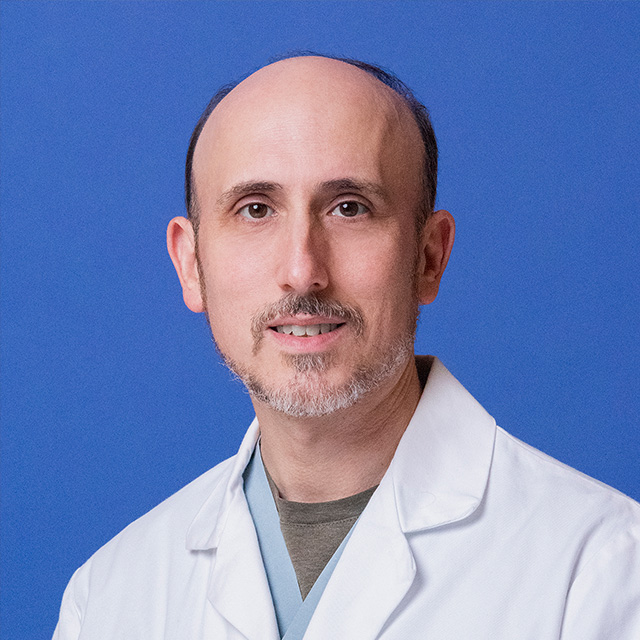 |
Jeffrey Zimmet, MD, PhD Primary site affiliation: San Francisco Veterans Affairs Hospital |
For other faculty members within the division, please see Faculty Profiles. For the research activity of specific faculty members, please see Research.
Previous Fellows
Abimbola Olabiyi, Interventional Cardiologist, Private, Carient Heart and Vascular Center in Northern Virginia
Ned Premyodhin, Interventional Cardiologist, Providence St. Jude Medical Center in Fullerton, CA
Ada Ip, Assistant Professor, UCSF
Rahul Goli, Interventional Cardiologist, Northside Hospital Cardiovascular Institute, Atlanta, GA
Lina Ya Qoub, Private, Structural Interventionalist, Reno, NV
Adriana Martin, Interventional Cardiologist, Tucson Veterans Affairs Medical Center in Arizona
Aaron Grober, Interventional Cardiologist, Texas Heart and Vascular in Austin, Texas
David Anderson, Interventional Cardiologist, Kaiser, Sacramento, CA
Ben Kelemen, Interventional Cardiologist, Kaiser, Santa Clara, CA
Gregory Judson, Maine Medical Center, Portland, ME
Alexandra (Jay) Teng, Interventional Cardiologist, Kaiser, Oakland, CA
Blake Charlton, Interventional Cardiologist, Alaska Heart and Vascular Institute, Anchorage, AK
Jeremy Tietjens, Interventional Cardiologist, Missouri Baptist Medical Center, St. Louis, MO
Punag Divanji, Interventional Cardiologist, Assistant Professor, Oregon Health and Sciences University, Portland, OR
Jane Lee, Interventional Cardiologist, South Shore Health, South Weymouth, MA
Sunil Singh, Interventional Cardiologist, First Coast Heart & Vascular Center, Jacksonville, FL
Salary and Benefits
Salary: The Interventional Cardiology Fellowship is a PGY level 7.
Benefits: UCSF provides residents and clinical fellows a rich package of health and welfare benefits at a good value. Plans include health, dental, vision, disability, and life insurance. To learn more about fellowship benefits including our retirement savings plan click here.
Vacation: Every year, fellows get 4 full weeks of vacation time in 1-week blocks. Rules about scheduling vacation varies by program.
How to Apply
| Steps | Timetable |
| 1. Submit your application through ERAS, Electronic Residency Application Service. Apply online. The ERAS phone is (215) 966-3940. No paper applications are accepted. |
Available in July 2025 Application deadline is August 2025 |
| 2. Interviews |
Interviews will be held virtually in September and October 2025 |
| 3. Rank List Due | November 2025 |
| 4. NRMP Match Day | December 3, 2025 |
| 5. Fellowship begins | July 2026 |
We participate in the National Resident Matching Program for this fellowship. Please contact the NRMP for information on how to sign up for their services.
Trainee Verification Link
J-1 and H-1B Visa Sponsorship
For international applicants, UCSF can sponsor J-1 and H-1B visas.
How to Acquire H-1B Visa Status at UCSF: https://isso.ucsf.edu/immigration-visas/h-1b-scholars
J-1 Scholar Categories at UCSF: https://isso.ucsf.edu/j-1-scholar-categories-ucsf
For more information about application criteria please contact:
Michael Stover
Fellowship Coordinator
[email protected]
Professional and Ethical Behavior
The Division of Cardiology is committed to a culture of professionalism that places the needs of the patient first, maintains a commitment to scholarship, continuous quality improvement, and fosters a spirit of collaboration among colleagues. Fellows learn these attitudes from mentors and role-model clinicians. The training program is committed to maintaining a high ethical standard, a spirit of collegiality, integrity, respect, compassion, professional responsibility and accountability, courtesy, and sensitivity to patient needs and comfort. Fellows are evaluated in these areas, and they are considered to be an integral part of the training program.
